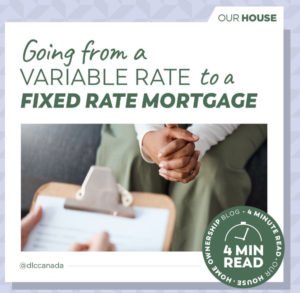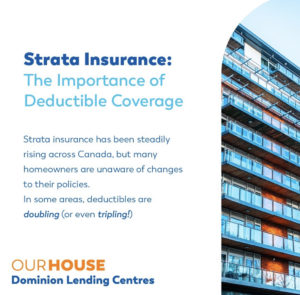Mortgage Financing After a Consumer Proposal in Canada: What to Know and When to Wait
Completing a consumer proposal is a major financial milestone. For many Canadians, the next question is whether homeownership is possible — and if so, when it makes sense to move forward.
Mortgage financing after a consumer proposal is achievable, but timing, preparation, and strategy matter. Understanding how lenders assess these applications can help you make informed decisions and avoid unnecessary setbacks.
How Lenders View a Consumer Proposal
A consumer proposal is considered a significant credit event by lenders and mortgage insurers. Even after it has been completed, they look for evidence that credit has been re-established responsibly over time.
This isn’t about judgment. It’s about risk management. Lenders want to see that financial habits have stabilized and that mortgage payments will be sustainable over the long term.
Required Documents After a Consumer Proposal
When applying for a mortgage after completing a consumer proposal, lenders and insurers typically require formal documentation, including:
Form 79, the Consumer Proposal document listing all creditors included
Form 46, the Certificate of Full Performance confirming the proposal has been paid in full
These documents are essential. Without them, applications can be delayed or declined, even if credit has improved.
Re-Establishing Credit After a Consumer Proposal
For traditional A-lender mortgage financing in Canada, borrowers are generally expected to rebuild credit after the proposal is completed. This usually includes:
Two active trade lines opened after the proposal completion date
A clear history of on-time payments
Responsible use of credit, especially revolving accounts
Credit accounts that existed before the proposal, survived it, or were opened during it — such as car loans, mortgages, or credit cards — typically do not count toward post-proposal credit re-establishment requirements.
Why Time Since Completion Matters
One of the most common misconceptions is that credit alone is enough. In reality, time since completion plays a major role.
Even with re-established credit, many lenders and mortgage insurers prefer to see a meaningful period pass after the proposal is completed. Stronger applications often reflect at least two years since completion, depending on the overall financial profile.
Applying too early can lead to declines or less favourable terms, which can slow progress rather than help it.
When It May Not Make Sense to Apply Right Away
In some cases, pursuing a mortgage immediately after a consumer proposal may not be the best financial decision.
Applying too soon can result in:
Higher interest rates
Fewer lender options
Stricter approval conditions
Increased scrutiny of income, debts, and down payment sources
Waiting can allow borrowers to qualify with better terms, lower payments, and more flexibility — outcomes that can make a meaningful difference over time.
When a Consumer Proposal Comes Off Your Credit Report
Under Canadian credit reporting rules, a consumer proposal is removed from Equifax and TransUnion either three years after it is paid in full or six years from the date it was filed, whichever comes first.
While it remains on the credit report, some lenders’ automated systems may flag applications, even if credit has been re-established. This makes timing and lender selection especially important.
A Smarter Path Forward After a Consumer Proposal
For many borrowers, the most effective approach after completing a consumer proposal is to focus on strengthening their financial profile by:
Maintaining perfect payment history
Keeping credit balances low
Avoiding unnecessary credit applications
Allowing time for post-proposal credit to establish
Homeownership is a long-term commitment. Approaching it from a position of preparation rather than urgency often leads to better outcomes and less financial stress.
Final Thoughts on Mortgage Financing After a Consumer Proposal
Mortgage financing after a consumer proposal is possible — but it’s not a race.
With the right guidance, strategy, and timing, many borrowers go on to successfully purchase homes with strong mortgage terms. Knowing when to move forward and when waiting makes more sense is a key part of that process.
My goal is to help clients understand their options clearly, avoid common pitfalls, and move forward with confidence — whether that next step is now or later.
If you’ve completed a consumer proposal and are wondering what comes next, an early conversation can help you plan the right path forward.
Frequently Asked Questions About Mortgages After a Consumer Proposal
Can you get a mortgage after a consumer proposal in Canada?
Yes, it is possible. Lenders typically require time since completion, re-established credit, and supporting documentation before approving a mortgage.
How long should you wait after a consumer proposal to apply for a mortgage?
Many lenders and insurers prefer to see at least two years since completion, though this depends on the strength of the overall financial profile.
Does a consumer proposal affect mortgage interest rates?
Applying too soon after a proposal can result in higher rates or fewer options. Waiting often allows access to better terms.
Does a consumer proposal have to be off my credit report to qualify?
Not always, but while it is still reporting, lender options may be more limited and timing becomes more important.
What credit is needed after a consumer proposal for a mortgage?
Lenders usually look for two trade lines opened after completion, with perfect payment history and responsible usage.
Nicole Crichton
Mortgage Broker, British Columbia









